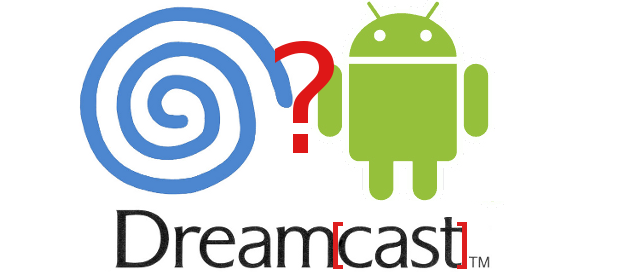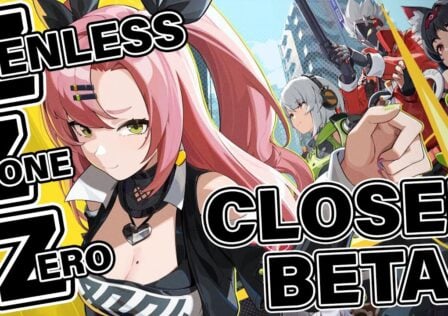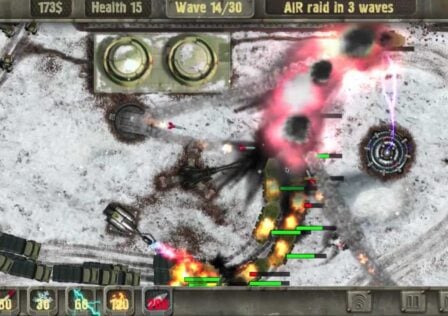We’ve seen Dreamcast emulators showing themselves off on Android before, but here’s why Dreamcast emulation on our phones won’t be shining-on from pockets for at least a few more years.
Android phones lack the underlying operating system of Windows CE. Developers need parts of the OS to make emulation work, code that’s owned by Microsoft and their not afraid to sue someone for their proprietary code. Not only would this be of questionable legality, it would also mean emulating large parts of an operating system while playing games, potentially slowing it down when running on top of already RAM hungry Android OS.
Dreamcast CPU is difficult to emulate:
Hardware limitations add to development difficulty. Dreamcast’s chip, the 200 MHz Hitachi SH4 RISC CPU can be resource intensive and difficult to emulate. SuperH architecture emulation also still proves to be somewhat daunting on ARM. While it’s conceptually working already, the developer had to overclock his Samsung Hummingbird chipset to 1.4ghz and it’s barely playable so far. It would easily drain your phone battery (even the ATRIX 4G with its large 1920mAH cell) in an hour or so.
Controls: CPU & GPU power isn’t really there yet:
Tegra 2 won’t solve the underpowered hardware problem but it can help alleviate it by dictating core handling of OS and background processes separate from the emulation software. Many of the Tegra 2 devices will have even higher resolution screens using more GPU power to fill those pixels with detail.
Another issue is SD card/NAND storage space. Many disc images for Dreamcast are 1GB or even multiple discs, of which there were many on the console. Space constraints would be somewhat limiting, but to some users the space isn’t as big a deal.
If Dreamcast emulation becomes possible with Tegra 2 phones, the most practical application would be the use of screen mirroring and HDMI output. The handset could remain charging while the device handles emulation. On battery power though, it would be mostly limited to short demonstrations to friends or quick games because of the processor heavy nature of cross-architecture emulation. If this was the case, I wouldn’t consider it a mobile emulator.
Update: This article was incorrect in stating that the Dreamcast had an x86 CPU. The article was updated to reflect this at 7:28 EST 2/19/11





